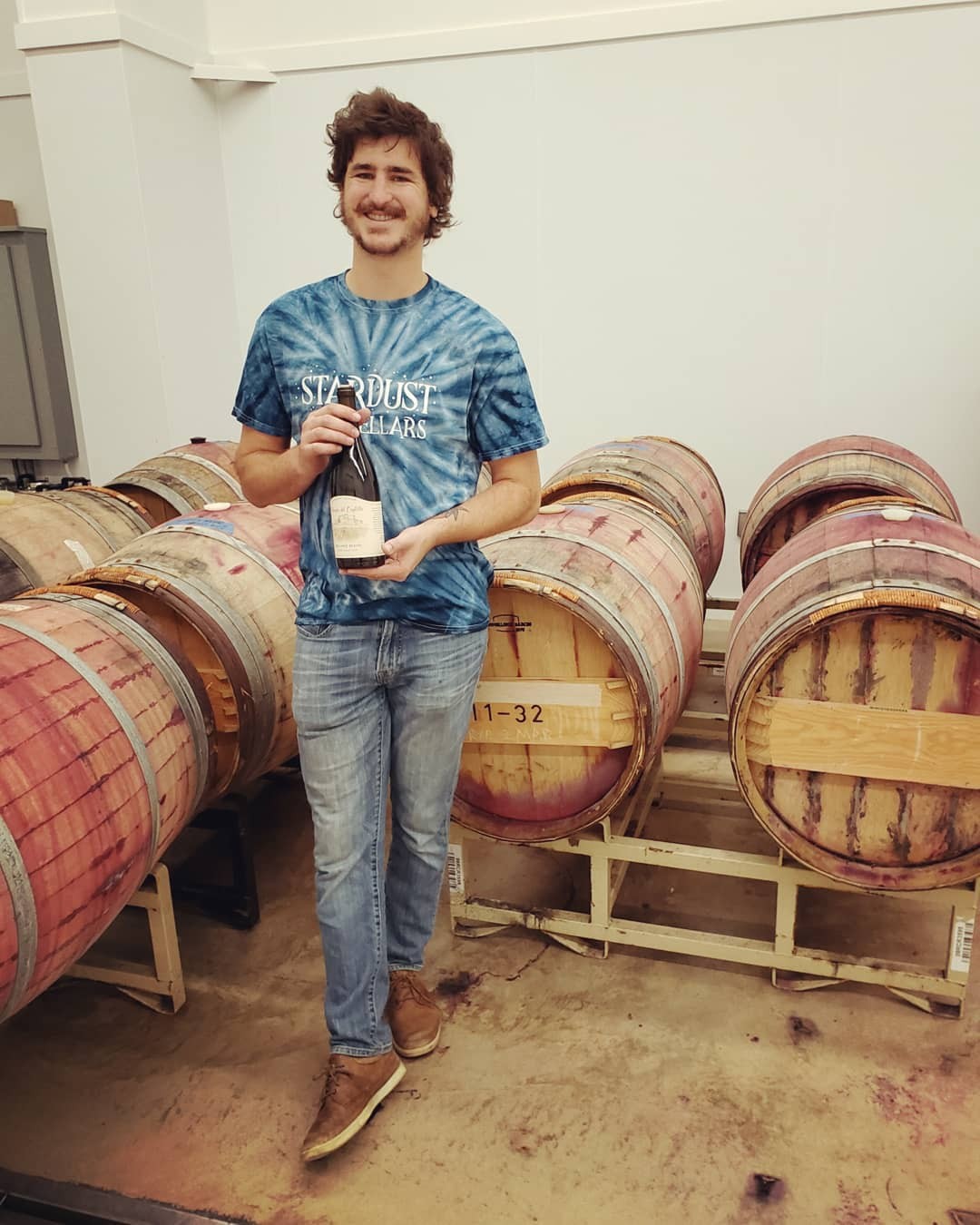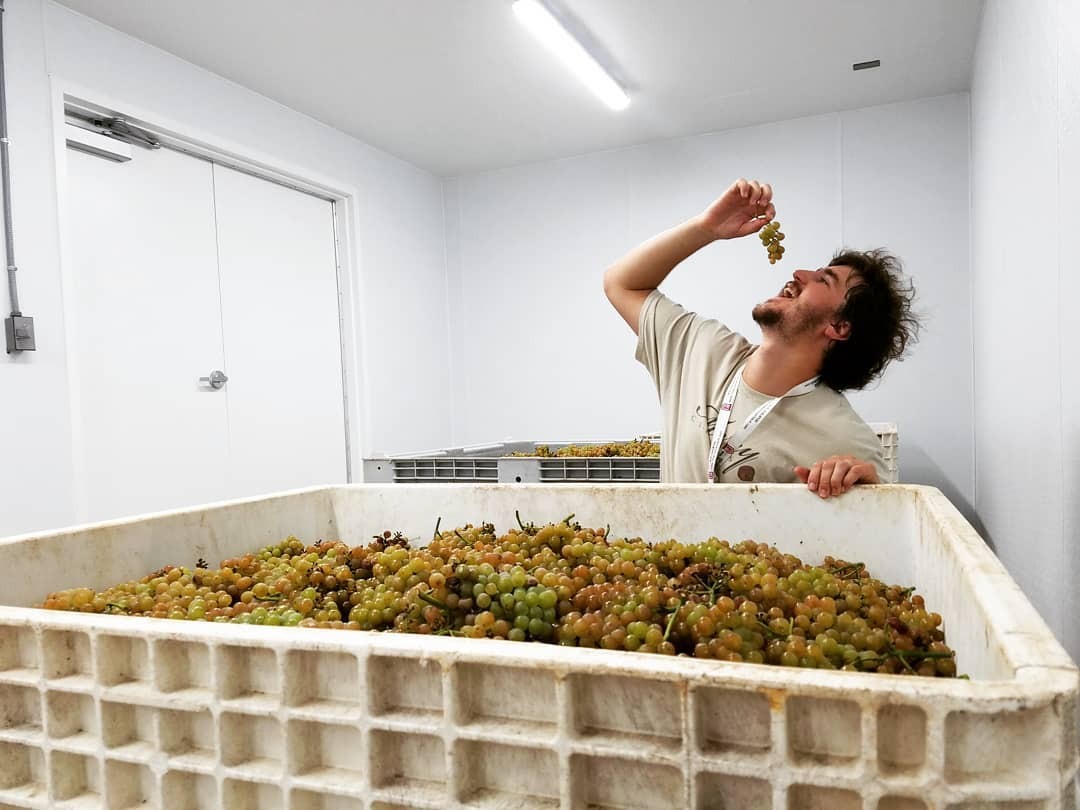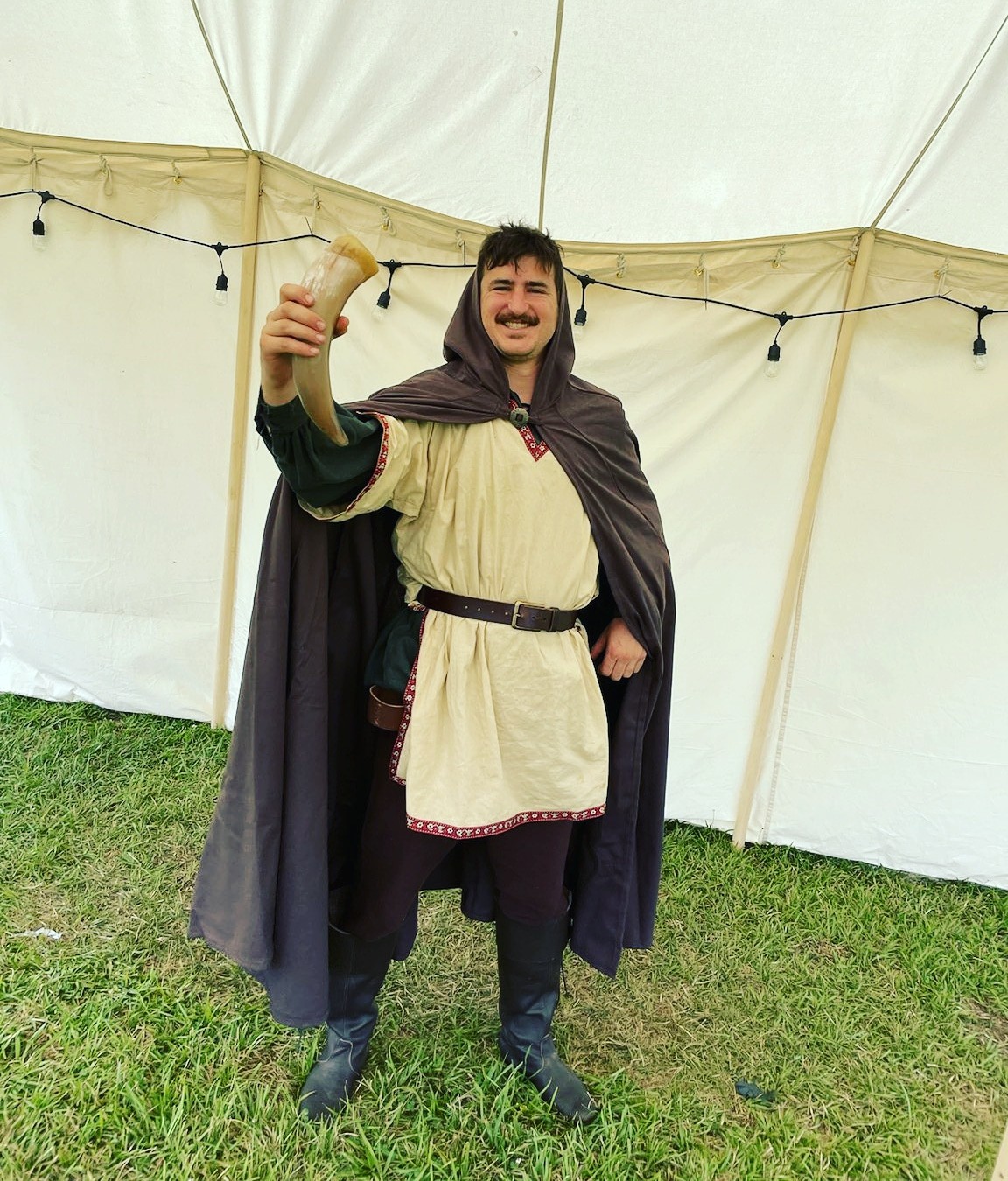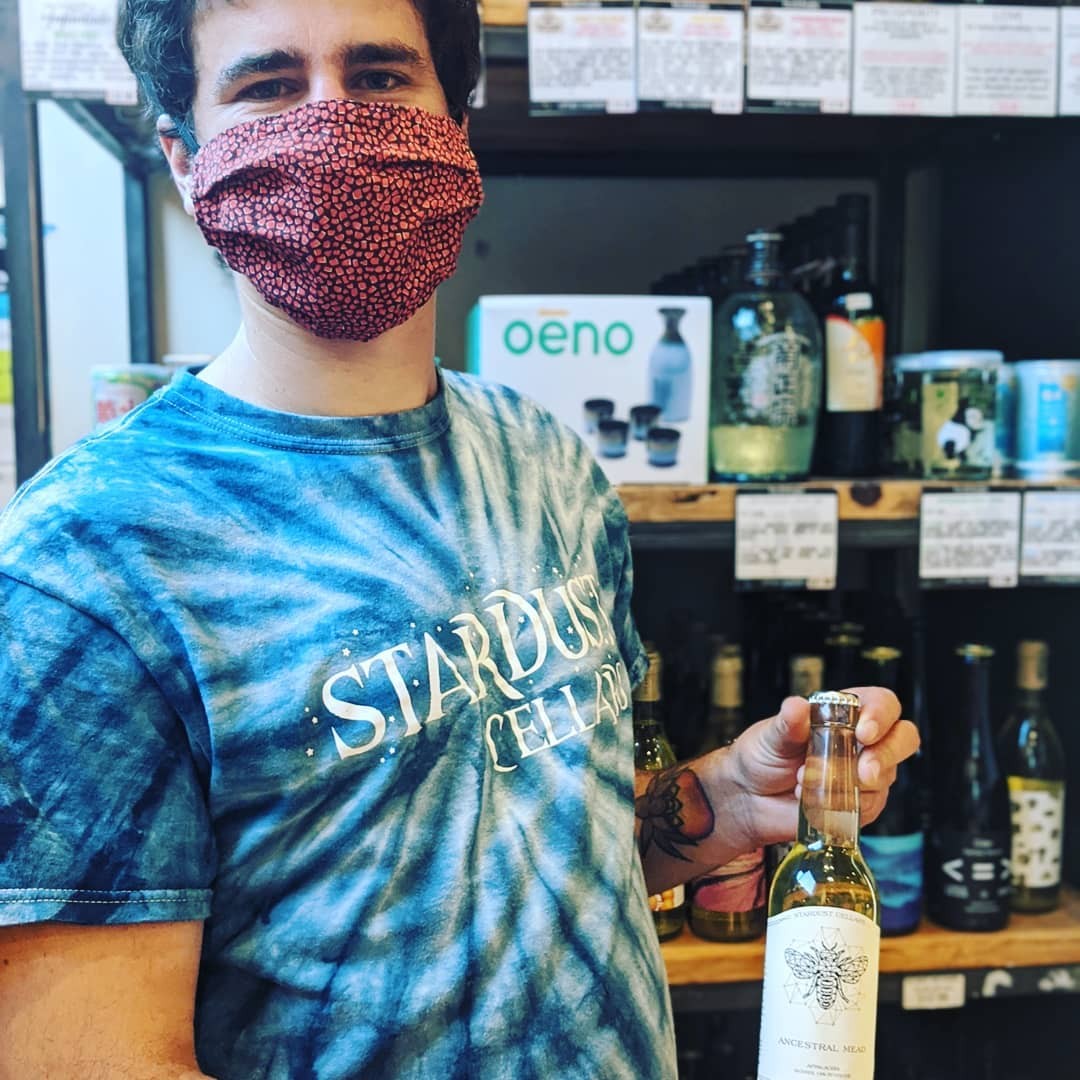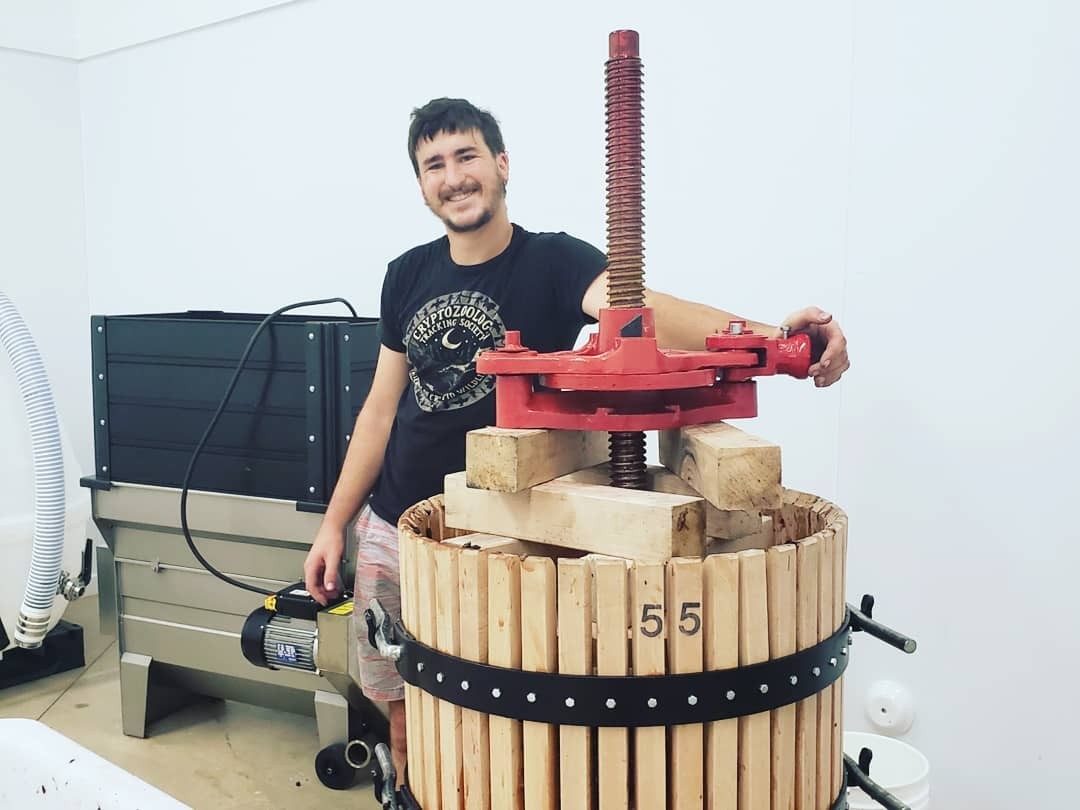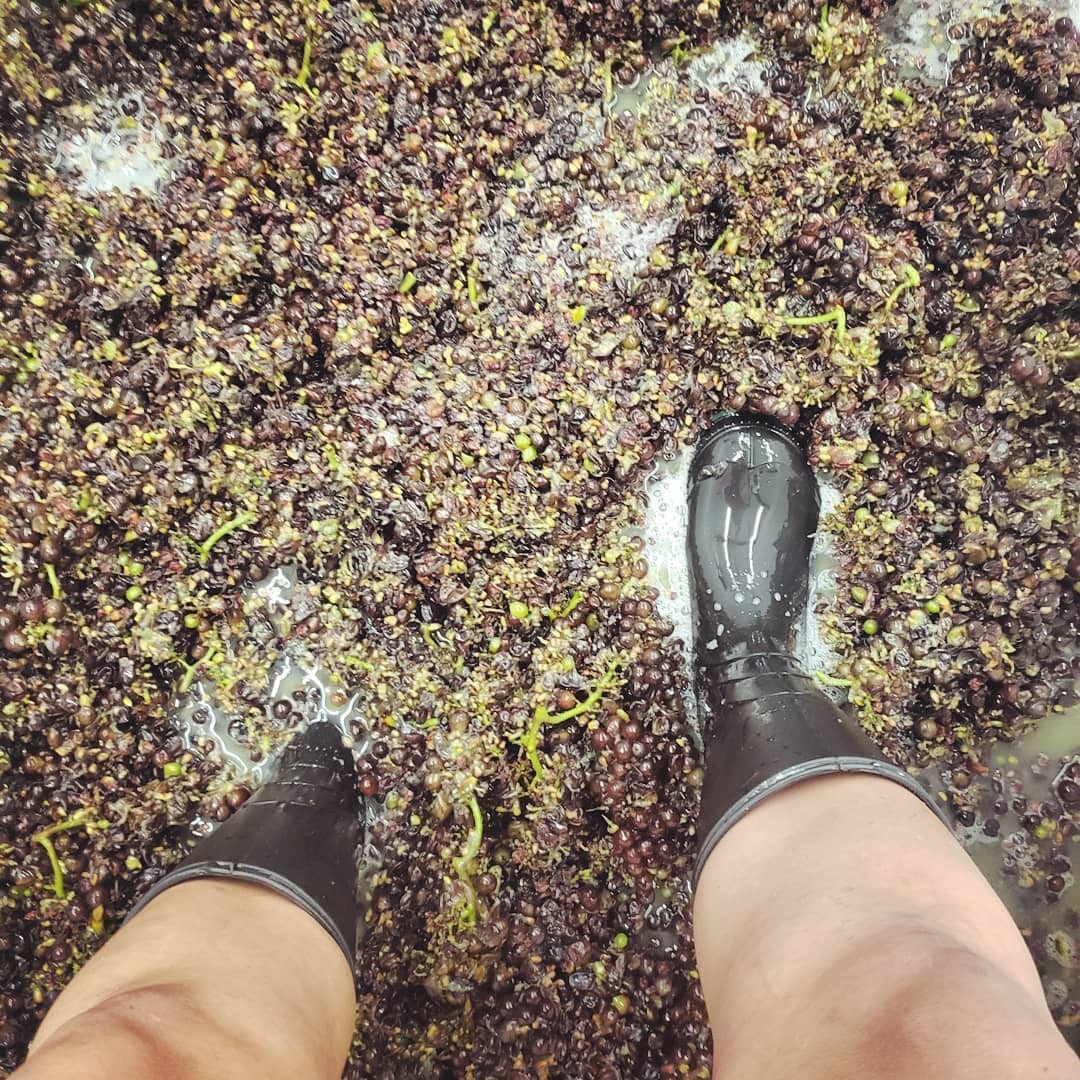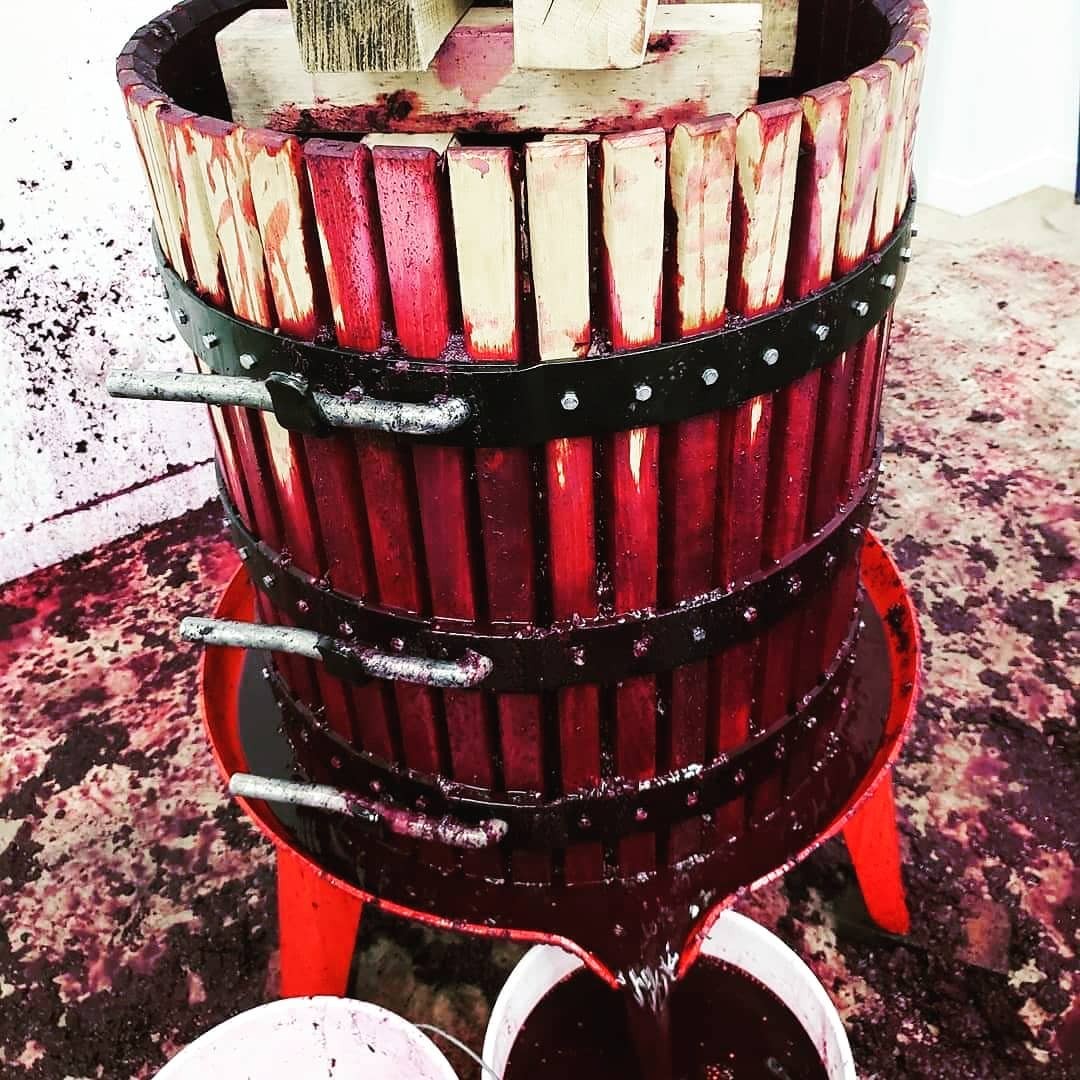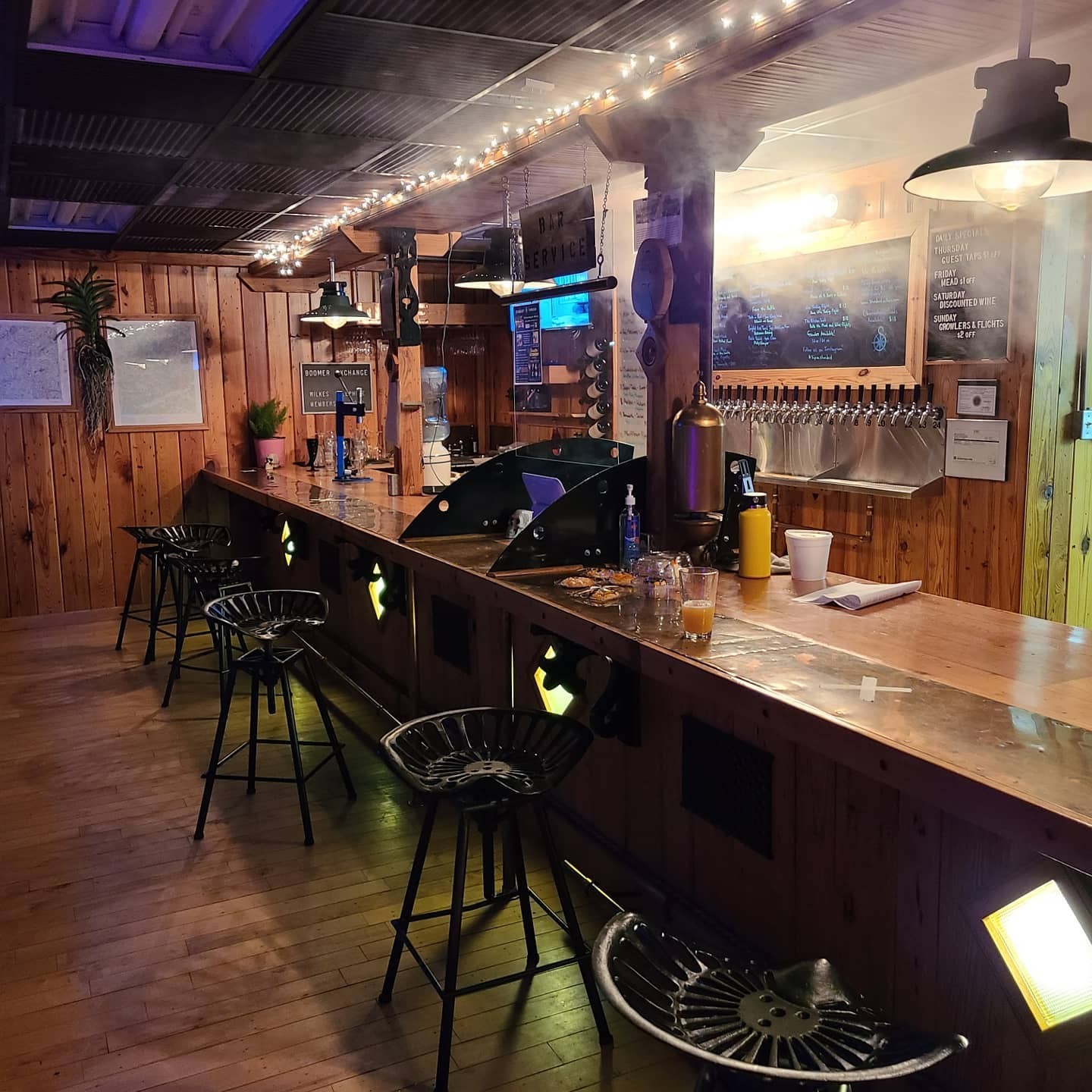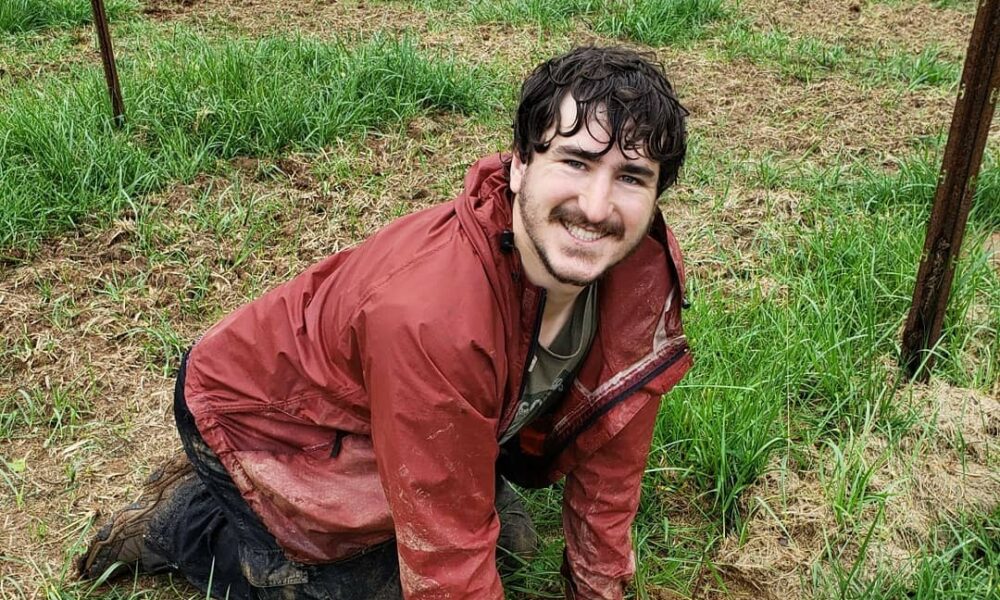

Today we’d like to introduce you to Nicolas Hogrefe.
Hi Nicolas, can you start by introducing yourself? We’d love to learn more about how you got to where you are today?
I grew up in San Diego and was very much involved in the biotech industry there and in San Francisco after I completed my undergraduate degree in Biochemistry at the University of California, Santa Barbara. It was in biotech where I gained much of my skills in processing fermentation tanks, however, this was with pharmaceuticals rather than wine.
I wanted to explore a more artistic (yet scientific) career path and expanded my horizons when I was given a full ride to Washington State University’s Food Science graduate program. It was here that I published research on spoilage micro-organisms (both innovating methods to reduce wine spoilage and identifying novel strains of bacteria capable of surviving in wine. Throughout my research wine was my medium of study and so it left me choosing between further pursuing academics vs an industry path.
This came to a head when I moved to North Carolina to start a small vineyard as I had to make a difficult choice between teaching Fermentation Science at App State for $40,000 and running their laboratory vs taking a job at RJ Reynolds in Winston-Salem for more than double the pay. I spent weeks deliberating but finally decided on the latter because I needed a salary that could take on the mortgage of building a winery.
As fate would have it I today stand firmly by that choice as Stardust Cellars could not have existed if I hadn’t left what is, unfortunately, a highly underpaid career path in this region (coming from California I always thought I could still have a winery while teaching as I had not realized the disparity in salaries between where I came from and academics in North Carolina). Now in grad school, I excelled at food engineering and design of food processing systems and so I came into winery construction with plans and blueprints already in mind which allowed me to construct a one-of-a-kind facility that specializes in the Overwintering Ancestral Method.
A method I devised by mashing an ancient sparkling wine technique with modern technology to produce something wild and without preservatives, yet controllable through the use of temperature control. Similarly, I devised biodynamic vineyards, the first of their kind in North Carolina, from the ground up to be the first naturally sustainable hybrid grape-producing vineyard in North Carolina for the specific intention of creating ancestral wines.
Years in and we have massively expanded into the mead world with the help of an army of local beekeepers and now you can find our single-serve mead bottles in Lowes Foods across the state.
We all face challenges, but looking back would you describe it as a relatively smooth road?
Not at all. The first mistake was trying to grow organic red grapes. In 2018, I planted 2000 grapevines, classic French varietals like Cabernet Sauvignon and Franc. I wanted to try making red wine. That year hurricanes killed every last vine. I vowed from that day on to only grow grapes that matched the terroir and do not fit a round peg in a square hole and that’s when we started our Corazon del Castillo program of freezing and shipping grapes from the Montsant region in Spain so we could have one flagship red (and having family in Spain I had always been a major fan of Spanish reds so this was a natural progression for me).
Additional struggles were in learning the difficulty of getting folks to come out to our tasting room, being as how we don’t have beaucoups of cash lying around and I never got into hedge fund management we don’t exactly have a castle or chateau like some of my colleagues. So we had to sell our wares on taste alone and to a crowd that didn’t mind us not being the most epic place to drink a wine slushy. We do have a nice rustic home feel but in the wine world that’s never enough. In the mead world, however… let’s just say we found our people. Additionally, NC wine has had its name run through the mud for decades.
Similar to how the French used to scoff at California wines, Californians now scoff at NC wine because it isn’t taken seriously as it’s known as cheap back sweetened grape juice due to decades of prohibition destroying hundreds of years of NC winemaking tradition leaving only a few sweet muscadine producers on the east coast as the main ports of departure for NC wine. Luckily, NC mead is a different ball game.
We’ve been impressed with Stardust Cellars LLC, but for folks who might not be as familiar, what can you share with them about what you do and what sets you apart from others?
We are the only biodynamic vineyard and winery in the state. We produce our wines and meads using biodynamic practices wherever possible. What does this mean? Instead of lawnmowers or fertilizer, we use sheep. We have never sprayed a synthetic chemical on the field in the 4 years that we have been here. There is no industrial irrigation, only what nature provides.
We use woodchips from our downed trees to block out weeds, add a living fungal defense network of beneficial fungi, and retain moisture so we don’t have to water, ever. We have lots of quartz that breaks up the clay to aid drainage and to fix energy in the vineyard. This energy yields drying air currents which alleviate moisture and fungal disease on our vines and aids in the photosynthesis of grape leaves. We take our animal’s poop and bury it in a cow horn annually (and do similar with plant and silica preparations in the Pfeiffer style).
Our wines and meads are mostly wild fermented and sulfite-free with exceptions made when necessary (when grapes come in covered in acetic acid bacteria during a hurricane for example). What I’m most proud of is the unique design of the facility that allows it to be off-grid by replacing sanitizing chemical agents with ozone gas and reusing (and then composting) our grapes.
I designed it specifically for ancestral wine production using unique methods that transcend time with one foot in the 1500s and another in the 2020s. We like to say our spontaneously fermented wines, much like ourselves, are simply made out of stardust; it funny what it does when left to its own devices for long enough.
Alright so before we go can you talk to us a bit about how people can work with you, collaborate with you or support you?
We currently collaborate with local businesses to produce our coffeamels (check them out on tap at Anchor Coffee in Winston!), capsicumels (check out our scotch bonnet mead at the Cobblestone Market at Mother’s Finest’s table), and melomels (we make our meads using local fruit and locally foraged herbs and love giving farmers a shoutout when we use their fruit.
For example our blueberries from Brushy Mountain Berry Farm we used to make Blueberry Vanilla mead or the Sugarloaf apples we used for our Apple Spice mead. We are always happy to collaborate. As for supporting us, whether or not you come to the mead taproom come to Wilkesboro and spend your money here at a small business in this rural Appalachian town.
Everything spent here goes back into the local community and that’s where support is needed most.
Pricing:
- Viking Blood and Rooster’s Peach Ancestral Mead $9.99 at all Lowes Foods locations
- Corazon del Castillo Spanish Red Blend Reserva $29
- Ancestral Pinot Gris $26
- Glasses of mead on tap $6-$9
- Pinot Gris Piquette $12
Contact Info:
- Email: [email protected]
- Website: stardustcellars.com
- Instagram: @stardustcellars
- Facebook: facebook.com/stardustcellars
- Other: tiktok.com/@stardustcellars
